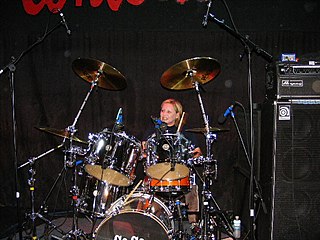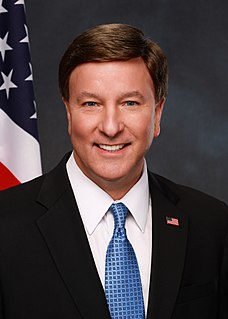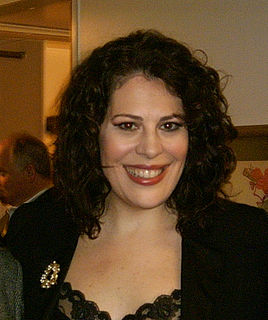A Quote by Grace Potter
I was a general contractor when I was paying for my first record.
Quote Topics
Related Quotes
General Atomics, the progenitor of General Atomics Aeronautical Systems, started life in 1955 when a major military contractor, General Dynamics, feared that the military hardware market might dry up. It began exploring peacetime uses of atomic energy, but abandoned the effort when cold-war military spending took off.
I do not want and will not take a royalty on any record I record. I think paying a royalty to a producer or engineer is ethically indefensible. The band write the songs. The band play the music. It's the band's fans who buy the records. The band is responsible for whether it's a great record or a horrible record. Royalties belong to the band. I would like to be paid like a plumber. I do the job and you pay me what it's worth.
In one week, I went from being a girl who owed a guy thousands of dollars - my manager Anthony was paying for my outfits, paying for my food; I was sleeping in his parents' basement - to taking meetings with every major label in America. The next morning, I had a record deal and wrote him a cheque to pay back all that money.


































